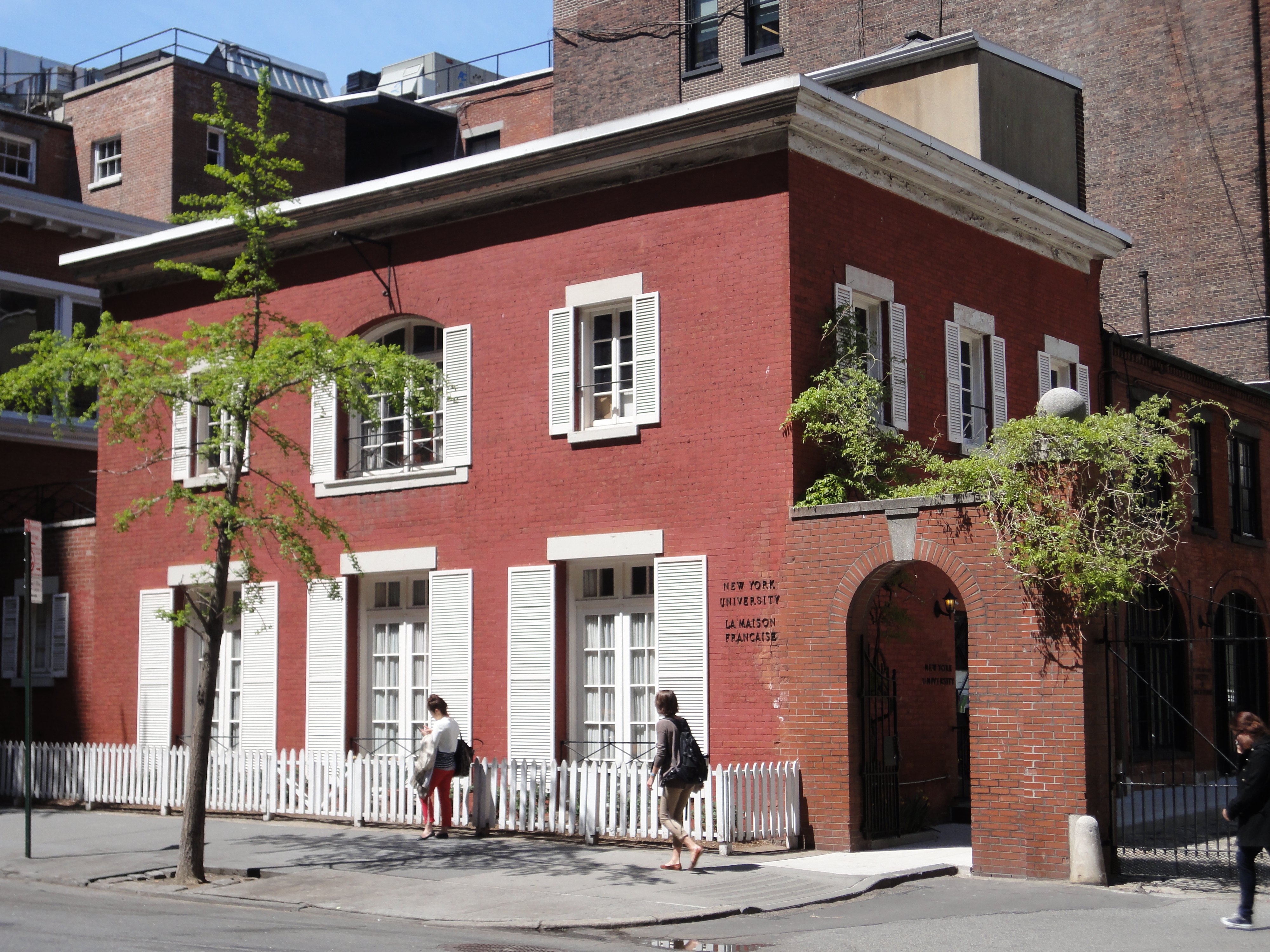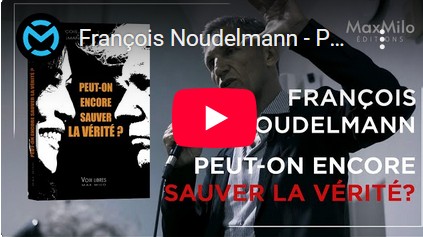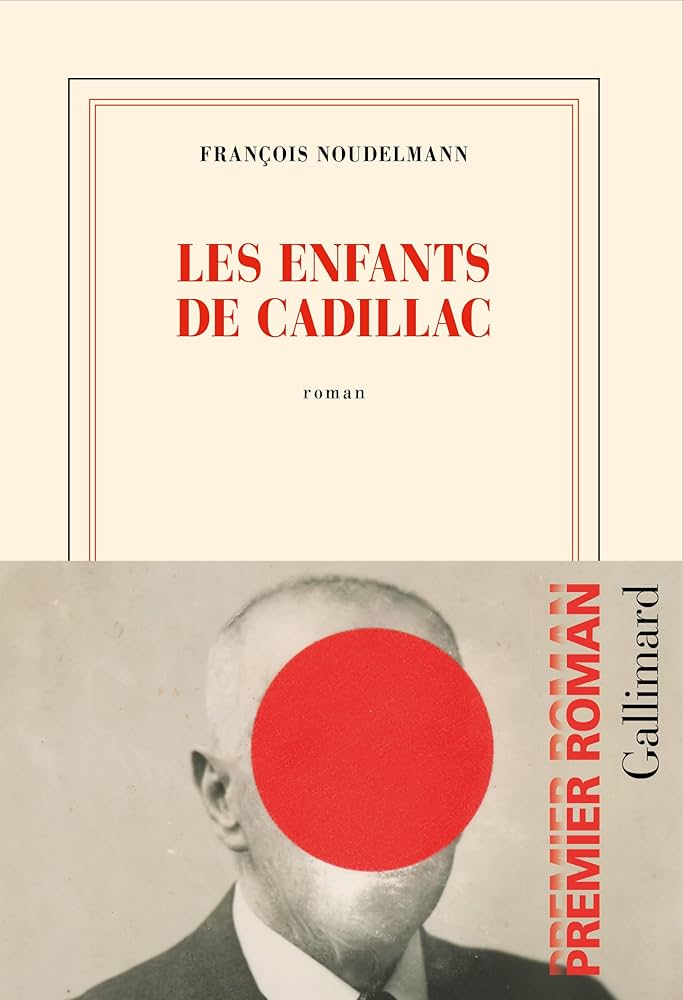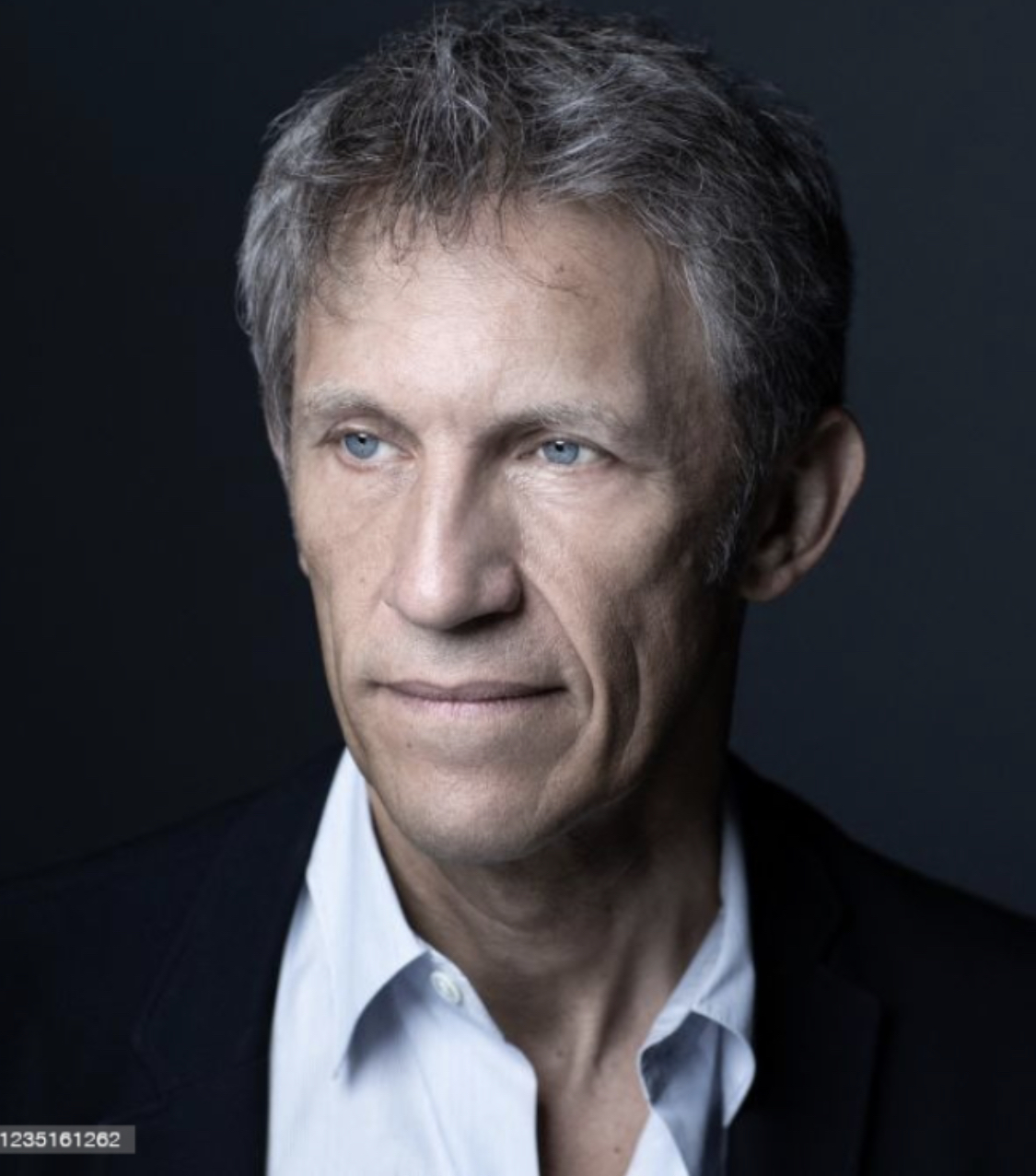WRITTEN ARTICLES AND INTERVIEWS ON JEAN-PAUL SARTRE: “Sartre’s dizzying laughter”, in Rire, Ornicar, Revue du Champ freudien , 2024 “Sartre and Derrida between dog and cat. Thoughts of the animal.” (in Japanese), in Derrida/Heidegger/Sartre/Levinas, Hosei University Press, 2020 “Existentialism’s Avatars” in Yale French Studies, “Existentialism, 70 Years Later”, 2020 “Sartre and Poetry: I love you, me neither”, in Philosophy and Poetry, Columbia University Press, 2019 “Sartre and the New Conceptualization of Imagination after 1945” in The Concept of Imagination after 1945, Classiques Garnier, 2019 “Sartre/Camus, upside down and right side up”, in Will and Power: from committed writing to embedded writing, Presses de la Sorbonne Nouvelle, 2015 “Sartre’s Pollens” (in Japanese), in Sartre philosopher, Hosei University Press, 2015 “Sartre’s Timetable”, in Jean-Paul Sartre: Mind and Body, Word and Deed, Cambridge Scholars Publishing, 2011 “Sartre and the Bovary temptation”, in Madame Bovary, Novel as a Modern Art, MLN vol.122 n.4, Johns Hopkins University Press, 2008 “Lives, Deaths and Rebirths of Sartre” in Situating Sartre 2005, The Florence Gould Lectures at New York University, 2007 “The die is never cast”, in What do Sartre and Beauvoir tell us today?, Diogène , PUF, 2006 – English translation, Diogenes , Vol 54, Number 216, Sage publications 2007 “Sartre’s centenary, the impossible celebration”, in Encyclopædia Universalis, 2006 “Is Sartre the author of his time?” – in Spanish, in Sartre y nosotros, Editorial El Conejo, Universida andina Simon Bolivar, 2008 – in French and Greek, in Jean-Paul Sartre, an emblematic figure of the 20th century, ed. National University of Athens, 2007 – in Japanese in Sartre, the other, language and totality, Kan n°11 ed. Fujiwara-Shoten, Tokyo 2006 – in Russian in Novoe literaturnoe obozrenie n° 76, Moscow 2005, reprinted in Jean-Paul Sartre au présent (in Russian), ed. of the University of Saint-Petersburg 2006 “An iconoclastic imagination”, in Sartre, ed. Bibliothèque Nationale de France, Gallimard, 2005 – Chinese translation, Tongji University, 2005 “Sartre out of step”, in Why Sartre?, ed. Au bord de l’eau, 2005 – German translation, in Lebendiger Sartre, BasisDruckVerlag Berlin, 2009 “Underground Sartre”, in La Règle du jeu, Grasset, 2005 “Sartre or phenomenology on blotting paper” in French Phenomenologies, PUF, 2002 “Sartre and the Inhuman”, in Les Temps Modernes n°565-566, ed. Gallimard, 1993 “Between Flesh and Leather, the Body According to Sartre”, in Le Corps à Découvert, ed. STH, 1992 “Sartre and Camus: the body and the law”, in Camus and philosophy, ed. PUF, 1997 “Nature and Ethics: Heidegger, Sartre, Levinas”, in Nature, from Identity to Freedom, ed. STH, 1991 “Figures of Political Action”, in Witnesses of Sartre , Les Temps Modernes, ed. Gallimard, 1990 “History and Ideology in The Paths of Freedom ”, in Cahiers de sémiotique textuelle n° 2 (Nanterre ed.), 1984 ON ÉDOUARD GLISSANT: “Édouard Glissant and the writer’s models”, (in Japanese) in Creole Imagination, ed. de la Rose des Vents, 2020 “The life of Édouard Glissant, truths and frictions”, in Archipels Glissant, PUV, 2020 “The Creolized Paris of Édouard Glissant”, in Creole Paris, La Geste editions, 2020 “Poetry and Philosophy: Glissant’s Trace,” in Poetry at Work: Poetry, Philosophy, Politics . L’Esprit Créateur Review , Johns Hopkins University Press, 2015 “The slave trade, the Shoah. On the uses of a comparison”, in Glissant and the thought of the detour; Literature , Colin/Dunod 2014 “Édouard Glissant and Archipelago Europe”, Goethe Institut, Dakar/Lisbon “Édouard Glissant’s Legacy: Transmitting without Universals” in Édouard Glissant, Callaloo vol.36 number 4, Johns Hopkins University Press, 2013 “Memoirs of Édouard Glissant”, Revista Francofonia , Università di Bologna, 2012 “Glissant’s Globality” in Glissant-Monde , Africultures, n°87, 2012 “Sliding the decipherer”, in Passages. Francophone writings, postcolonial theories, Literature n°154, Larousse 2011 “The plot and the whirlwind”, in Around Édouard Glissant. Readings, proofs, extensions of a poetics of the Relationship, Presses universitaires de Bordeaux, 2008 “For an Archipelago-wide Thought. Édouard Glissant.”, in Politics and Filiation, ed. Kimé, 2004 LITERATURE: “The Ears of Literature”, Nouvelle Revue Française, No. 644, Gallimard, 2020 “Barthes and insignificant music”, in Interdisciplinary Barthes, British Academy, Oxford University Press, 2020 “Shh! Listen to the music of Samuel Beckett” in Samuel Beckett and French culture, Garnier, 2019 “Literature: The Archipelago Perspective,” Interdisciplinary Literary Studies, Penn State University Press, vol. 20, n°2, 2018 “Roland Barthes’ Fingering,” in Barthes and Music, ed. University of Rennes, 2018 “The Affinity of Masks”, in Du Japon, NRF n°599-600, 2012 “Japanese Sonata”, in Critique, ed. Minuit, 2010 “How to complete the 20th century with Beckett” in A vueltas con Beckett, Ediciones de la Discreta, 2009 “Beckett’s Nod to Cinema,” in Beckett, The Florence Gould Lectures at New York University, 2007 “Three Barbarians in Asia: Brecht, Artaud, Barthes” in Mélanges pour Madeleine Valette, UMLV Review, 2003, reprinted in The Renewal of Total Art , L’Harmattan 2005 “The ignorance of sexual difference”, in Marguerite Duras, Cahiers de l’Herne, 2005 “Roland Barthes: with the left hand” in Roland Barthes after Roland Barthes, PUF, 2002 “Abhistoricism in The Patients” in Centenaire Audiberti, ed. H. Champion, 2002 “Beckett or the eclipse scene” in Scene and image, Licorne ed., 2000 “The Flesh of Soap” in Ponge: matter, material, materialism, ed. de La Licorne, 2000 “Speculative Novel and Specular Truth” in Narratives of Thought, ed. SEDES, 2000 “To End Nothing” in Beckett, PUL, 1998 “Ariane is her name, or the games of the letter in Belle du seigneur ” in Lectures de Belle du seigneur. Anniversary issue (1968-1998), Cahiers Albert Cohen, 1998 “Barthes and the Dead Image”, in Lisible/Visible, Pratiques , Cahiers Forell, University of Poitiers, 1998 “The Tragic Body, Reading Mishima”, in Césure (Revue de la Convention psychanalytique, Paris), 1996 “Against the Body, Seneca and Mishima”, in The Body Uncovered, ed. STH, 1992 PHILOSOPHY: “The Horizontal Voice”, in Figure, Thought, Voice (with Florence de Chalonge), Presses Universitaires du Septentrion, 2022 “Mediations of Universalism”, in Cahiers de République Universelle (Grand Orient de France), materialological editions, 2021 “Philosophical aurality”, in PMLA, vol. 35, no. 2, 2020 “What is a posthumous truth”, in Rethinking French culture, Liverpool University Press, 2019 “What is an acousmatic reading?” » in Soundings and Soundscapes, Revue Paragraph (Edinburgh University … ARTICLES AND INTERVIEWS





